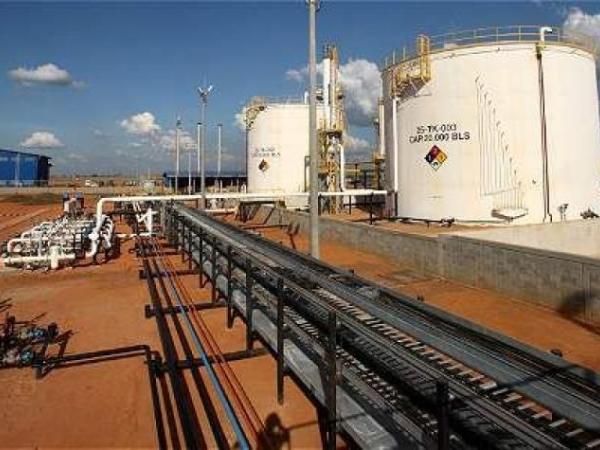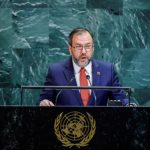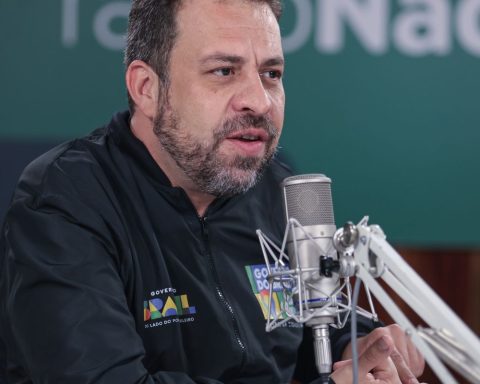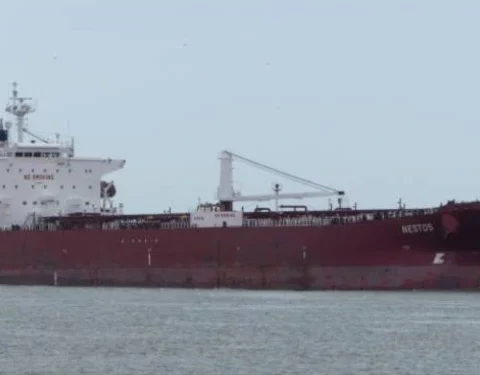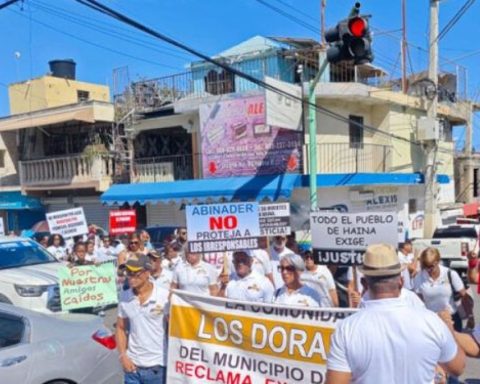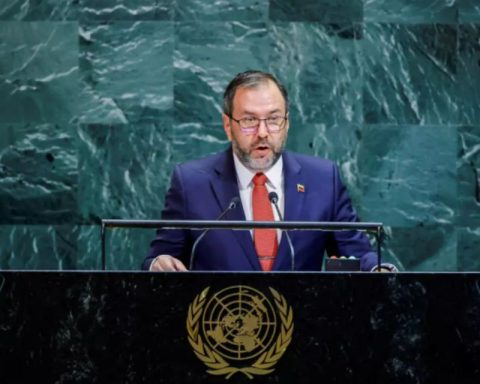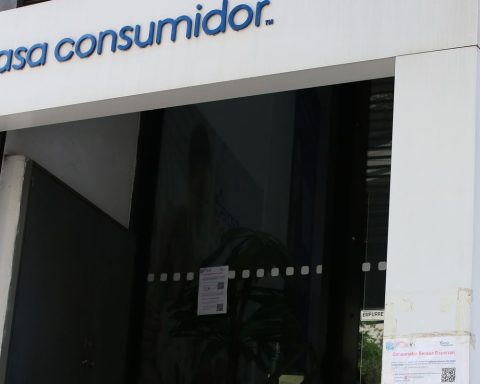This Wednesday the Minister of Mines and Energy, Irene Vélezstated that the president Gustavo Petro had made the decision not to award new oil and gas exploration and production contracts in the country.
(See: Trade balance, key in decisions on oil and gas).
A determination that was made after the publication of a ministry report stating that the country can be self-sufficient in gas until 2037 and even until 2042.
However, in the past months the Minister of Finance, José Antonio Ocampo, had indicated that this was not a decision taken, since it was analyzing, among other things, how to replace the income tankersexports, as well as making an evolution towards the consumption of cleaner energy sources.
(See: Oil production in November, the highest since April 2020).
Now with the latest statements of Minister Vélez, Ocampo pointed out that the final accounts are still being studied by the government, in conjunction with the Ministry of Trade and Ecopetrol to establish how necessary for fiscal accounts it would be to give new contracts.
(See: ‘Government hasn’t really said how it will replace oil revenue’).
“Next week we are going to meet as a government team with the Ministry of Mines, the Ministry of Commerce, with Ecopetrol. There are still no final estimates of the reserves, we have to see how the exploration contracts already signed guarantee sufficient reserves”, indicated the minister ocampo yesterday in statements to the media communication.
(See: ‘Stopping exploring for oil is social suicide’: former President Duque).
The holder of the Treasury and Public Credit portfolio He was also emphatic that the Treasury has always talked about three transitions: the energy transition, the transition exporter and the fiscal transition.
“All three involve oil and we have to see if the resources are sufficient to guarantee the three transitions,” Ocampo assured.
It should be remembered that oil and mining attracted in 2022, around 72% of the investment foreign directly to the country, with which they are a great source of foreign exchange income for Colombia.
Additionally, the most recent report of the National Administrative Department of Statistics (Dane), shows that as of November the weight of the extractive industries (hydrocarbons, mines and quarries) represented 56.3% of the country’s exports.
During the past year Exports in this category contributed US$29,606 million to the country, and an increase of 69.5% was reported in the value of external sales in relation to the same period of 2021, partly driven by good international crude oil prices.
In addition, according to various experts, the reduction in oil and hydrocarbon exports would have a negative impact on the Colombian trade balance, which as of November last year, the latest data available, reached a deficit of US$13,438.3 million.
The minister Velez He said, also at a press conference held yesterday, that as other analyzes come out, such as the report on reserves and resources that he publishes annually the National Hydrocarbons Agency (ANH)new decisions will be made.
Also, the Minister Ocampo mentioned that, officially, the report presented by the National Hydrocarbon Agency is the one that determines what the reserves are.
“We will see all this with the Minister, to see the estimates they have based on the contracts,” said the head of the Treasury portfolio.
BRIEFCASE
